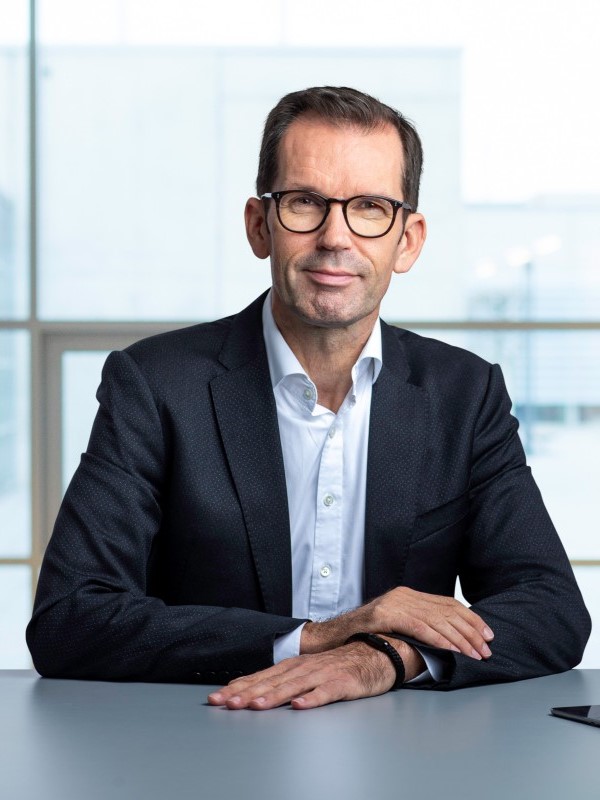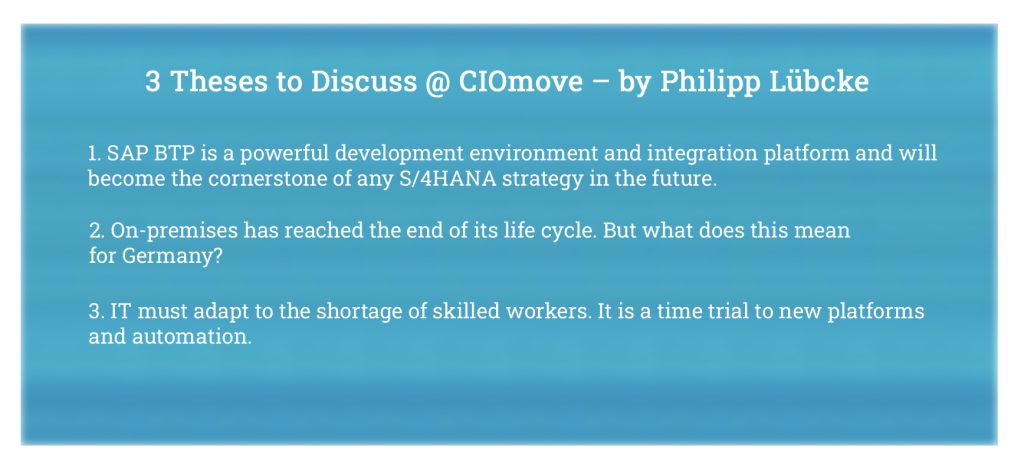
In the fast-paced world of information technology, TEAG – Thüringer Energie AG is facing a major problem: a shortage of IT specialists. Philipp Lübcke, the company’s CIO, takes a closer look at this challenge.
“Demographic change, digitization and the roadmap for TEAG mean that we have an extremely high demand for IT specialists in the IT sector,” he explains. Despite the difficult situation, TEAG has managed to double the number of IT employees over the past four years. A “tour de force”, as Lübcke describes this process. “We always need a critical mass of employees with a high level of identification with TEAG, mutual trust and a sense of responsibility.” This is the only way to keep valuable expertise within the company and not become dependent of external IT service providers.

New Training Strategies and Employee Motivation
To meet these requirements of the IT sector, TEAG relies heavily on the training and further education of its employees. Lübcke emphasizes the importance of continuous training: “You can train someone to become an SAP consultant in six months or familiarize them with the Python programming language in a year. We have to be much more open and flexible,” he adds, stressing the need for dynamic employee development. In addition, motivating employees to constantly develop their skills and take on new challenges is a key aspect of TEAG’s success. It is not only the income, but the appeal of exciting projects and new technologies that contributes significantly to employee retention.
Modernizing the IT infrastructure is a key element of TEAG’s strategy. Lübcke describes the move to cloud-based solutions as an essential step: “We want to move to the cloud with SAP S/4 RISE Utilities.” This development will allow the company to benefit from the latest technologies like AI while creating a more efficient and secure IT landscape.
Cybersecurity as a Priority in the Modern IT Landscape
At a time of increasing cyberattacks, TEAG has stepped up its cyber security efforts. “The biggest source of vulnerability is still the user,” explains Lübcke, highlighting the importance of employee training and awareness. TEAG conducts regular training and simulations of attacks via phishing mails, and uses advanced endpoint detection and response (EDR) solutions to quickly detect and respond to unauthorized access. “Since the fall 2022, we have worked with a partner to send 60,000 phishing emails to around 2,000 of our employees in order to measure the click rate. While the click rate was initially around 30 percent, we have now almost reached the benchmark of ten percent,” says Lübcke.
Moving into the Future of IT with AI and Hyperscalers
When it comes to cloud vs. on-premises, Lübcke has a clear answer: “We can’t compete with the big service providers or hyperscalers in terms of security. Not a chance!” Whereas employees used to think they were safer in their own data centers, they now rely on the expertise of external cloud providers.
Lübcke concludes by talking about the future of IT at TEAG and in the industry in general. He mentions the importance of platform strategy and the need to keep up with trends and innovations. “For me, the platform strategy is the key factor,” says Lübcke, referring to the importance of long-term planning and adapting to new technologies and methods. The CIO is already looking forward to discussing all these topics with the other participants at CIOmove 2024: “And I am very much excited to visit Morocco and find out what value chain and IT expertise is available there!”
Thüringer Energie AG thus presents itself as a company that proactively faces the challenges and opportunities of the IT world. With new approaches to employee development, IT strategy and cyber security, TEAG is preparing for a sustainable future in an increasingly digital world.
